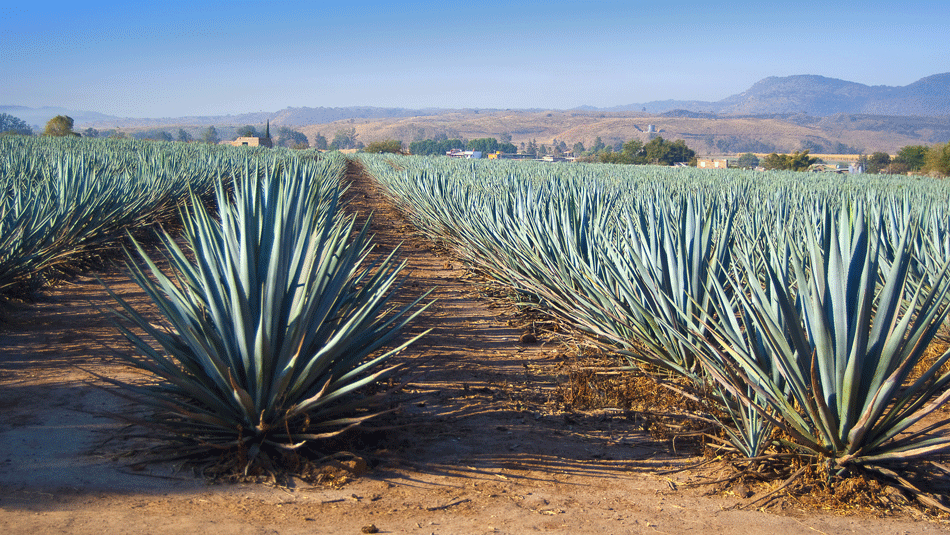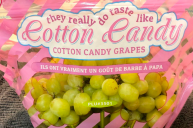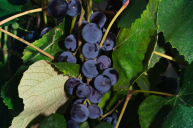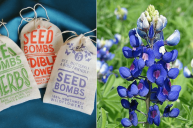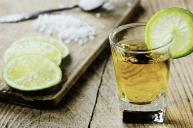Bees and honey go together like peanut butter and jelly. No, that doesn't really make sense, but you know what we mean. Without bees, your morning oatmeal would certainly be a lot less sweet. Humans depend on the work done by bees to form nature's sweetener. (We often abuse that relationship, but that's a topic for another article.)
Bees-to-honey isn't the only animal-to-product relationship you know of, though. We get wool from sheep and milk from cows. The list goes on. One product we're betting you didn't know is influenced by animals, though, is tequila. We're here to tell you everything you never knew about bats and tequila.
https://www.instagram.com/p/BANCbPKzCeC/?hl=en&tagged=lesserlongnosedbat
The first thing we want to say is that some bat species are cute. Lesser long-nosed bats also known as the Mexican long-nosed bat are, indeed, cute bats. Cuteness aside, the lesser long-nosed bat hasn't had the easiest run of it.
The lesser long-nosed bat species ranges from Mexico to southern regions of the United States in New Mexico and Arizona. While this adorable critter type now boasts a population closer to 200,000 winged cuties, it was once on the endangered species list. Numbers dwindled, with some studies suggesting that there were less than 1,000 lesser long-nosed bats in total.
Human interference and climate change played roles in the temporary demise of these bats. For a while, this species, in particular, was targeted as one that was very likely to carry rabies. After 30 years of rehabilitation and education, though, the bats are back on the rise. By limiting access to their roosting places and cultivating their favorite plants, the lesser long-nosed bat has been removed from the endangered species list.
So what does this have to do with the tequila industry? We mentioned the cultivation of plants above, and that's the key. The lesser long-nosed bat helps to pollinate agave plants. Bats play such a crucial role in agave pollination that many tequila brands now market themselves as being bat-friendly tequila. That said, there are also tequila producers that cultivate in ways that specifically recognize bats' role in the whole process.
Mexican companies like Tequila Ocho are participating in these bat-friendly practices. By allowing a small percentage of their blue agave crops to fully flower, they protect the natural migration patterns of bats like the lesser long-nosed. Happy bats mean happy plants, and happy plants mean more tequila for margaritas. Bats and tequila ... it's a recipe for success.
This post was originally published on February 21, 2019.
